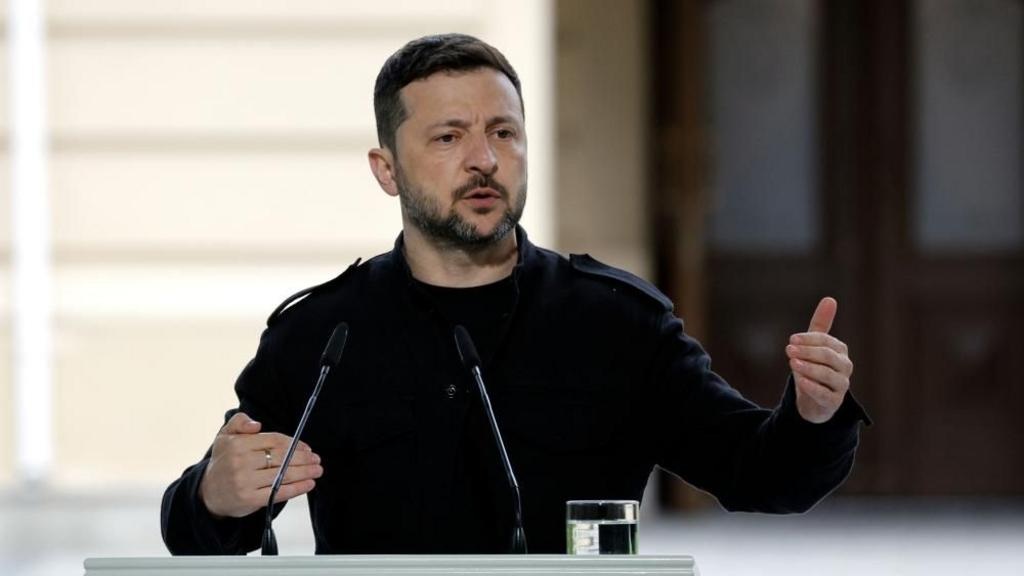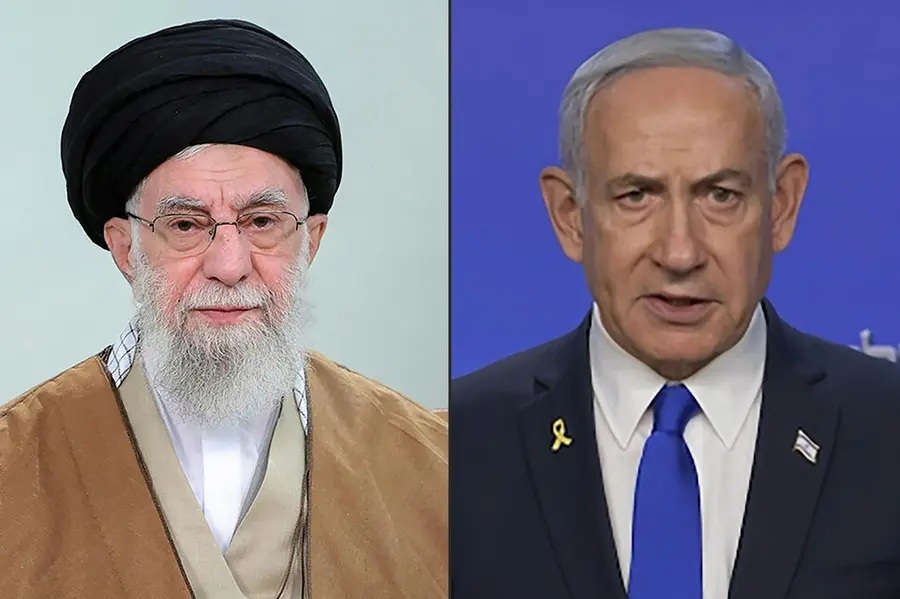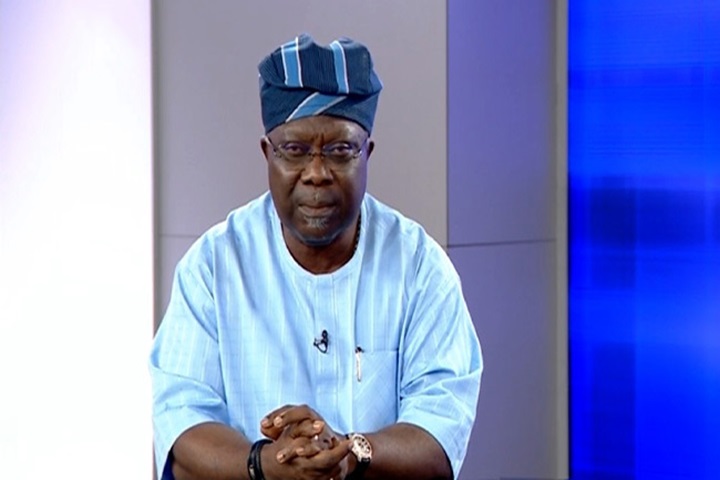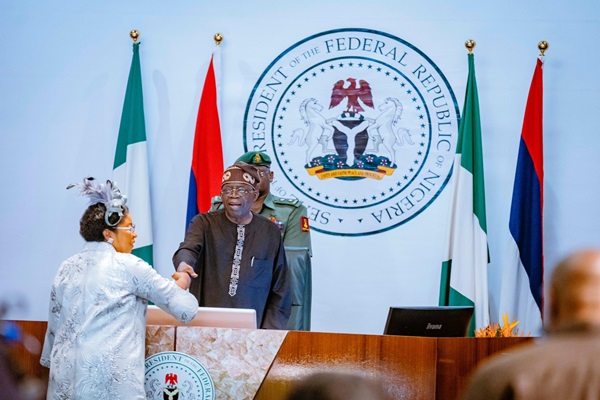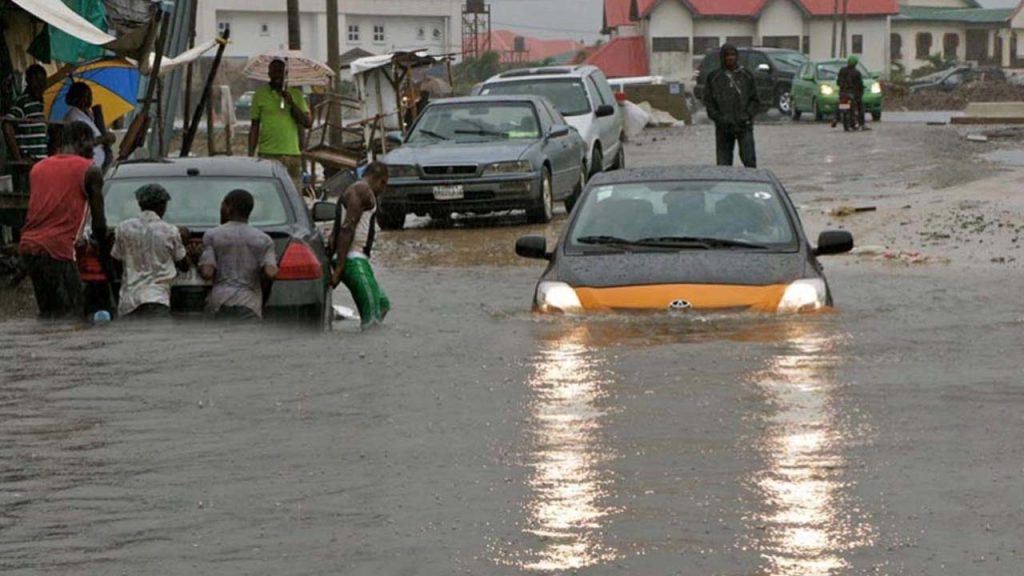News
Pakistan accuses India of blatant aggression after deadly strikes

Tensions between India and Pakistan escalated significantly, according to reports of Thursday, May 8, 2025, as both nations accused each other of launching drone and missile strikes overnight.
India claimed it had successfully intercepted attempts to target over a dozen of its cities, while Pakistan said it had downed 25 Indian drones.
These accusations followed deadly Indian missile strikes early Wednesday morning that reportedly killed 31 people in Pakistan.
This marked one of the most serious escalations in the decades-long conflict between the two nuclear-armed neighbors.
During a press conference, Pakistan’s military spokesperson, General Ahmed Sharif Chaudhry, harshly criticized India, alleging it had committed “yet another blatant military act of aggression.”
He claimed Indian drones had flown over major Pakistani cities, including Rawalpindi, where the country’s military headquarters are located.
According to Chaudhry, Pakistan’s air defense systems responded by shooting down more than a dozen of the intruding drones.
He also reported that a confrontation with one of the drones left four Pakistani soldiers injured.
According to him, a civilian in the Miano area of Sindh was killed in an incident involving a drone, though he did not provide further specifics.
General Chaudhry described the drone activity as a “serious provocation,” stating that Pakistani forces were in the process of recovering debris from the destroyed drones.
“This naked aggression continues,” he warned, adding that Pakistan’s military remains on high alert and is actively neutralizing threats as they arise.
On the Indian side, officials claimed Pakistan had attempted to strike several military sites in northern and western India.
These reportedly included cities such as Amritsar, Srinagar, and Chandigarh.
They asserted that their air defense systems had intercepted all the attempted attacks.
India’s defense ministry went further to say it had “neutralized” Pakistan’s air defenses around the city of Lahore.
It warned that “any attack on military targets in India will invite a suitable response.”
India’s Foreign Minister, Subrahmanyam Jaishankar, issued a stern statement on Thursday during a meeting with an Iranian delegation.
He was quoted as saying, “If there are military attacks on us, there should be no doubt that it will be met with a very, very firm response.”
A senior Pakistani security official, speaking to The Guardian, denied any Pakistani offensive against Indian military installations, dismissing India’s claims as false.
He acknowledged minor damage to Lahore’s defense system but insisted it remained operational.
“We have shot down at least 25 Indian drones across bordering regions in Punjab and Sindh,” he added.
He also indicated that while Pakistan had not yet launched its military retaliation, such action was imminent.
India’s strikes on Wednesday were its most significant military operation against Pakistan in decades, targeting nine different locations, including four in Punjab province.
In a speech that night, Pakistan’s Prime Minister Shehbaz Sharif vowed to “avenge each and every drop of blood of our martyrs.”
In response to the escalating conflict, both countries implemented emergency measures.
Air travel was heavily impacted, with Pakistan suspending flights out of Karachi, Lahore, and Sialkot until Thursday night.
Meanwhile, India closed over 20 airports in its northern region through Saturday.
In Pakistan’s Sindh province, bordering India, the health department declared a state of emergency, cancelling all medical staff leave and placing hospitals on high alert.
In Amritsar, just 20 miles from the border, a second security drill and a temporary blackout were conducted, with residents urged to remain vigilant.
India’s border states of Rajasthan and Punjab were also placed on high alert, with police leave suspended and border security forces instructed to use lethal force against suspicious activity.
Anti-drone systems were activated along the frontier.
Prime Minister Sharif condemned India’s actions as an “act of war.”
Although Pakistan’s military response remained unclear by Thursday morning, senior officials and ministers promised retaliation.
Some officials claimed that downing five Indian aircraft, including three advanced Rafale jets, was a form of retribution.
On the other hand, others suggested that a broader response was still to come.
Ultimately, Pakistan’s military decisions are expected to be determined by Army Chief General Asim Munir, who is under growing domestic pressure to respond forcefully.
India justified its attacks as retaliation for Pakistan’s alleged role in a militant attack in Kashmir in April that killed 26 people.
Pakistan has denied any involvement.
Indian officials stated that Wednesday’s strikes targeted infrastructure linked to militant groups responsible for past attacks, emphasizing that no Pakistani military assets were struck.
They characterized the strikes as “measured, proportionate, and responsible.”
Pakistan, however, denied the presence of militants in the areas targeted and claimed the strikes hit civilians exclusively.
Meanwhile, along the heavily contested Kashmir border, artillery exchanges between the two sides extended into a second night.
Reports indicated at least one Indian soldier and 11 civilians had died, with ongoing evacuations in the region.
The international community, concerned about further escalation, continued to call for calm.
Iranian Foreign Minister Abbas Araghchi arrived in Delhi on Thursday for diplomatic talks and offered to mediate between the two nations, following a similar visit to Pakistan earlier in the week.
For Diaspora Digital Media Updates click on Whatsapp, or Telegram. For eyewitness accounts/ reports/ articles, write to: citizenreports@diasporadigitalmedia.com. Follow us on X (Fomerly Twitter) or Facebook



